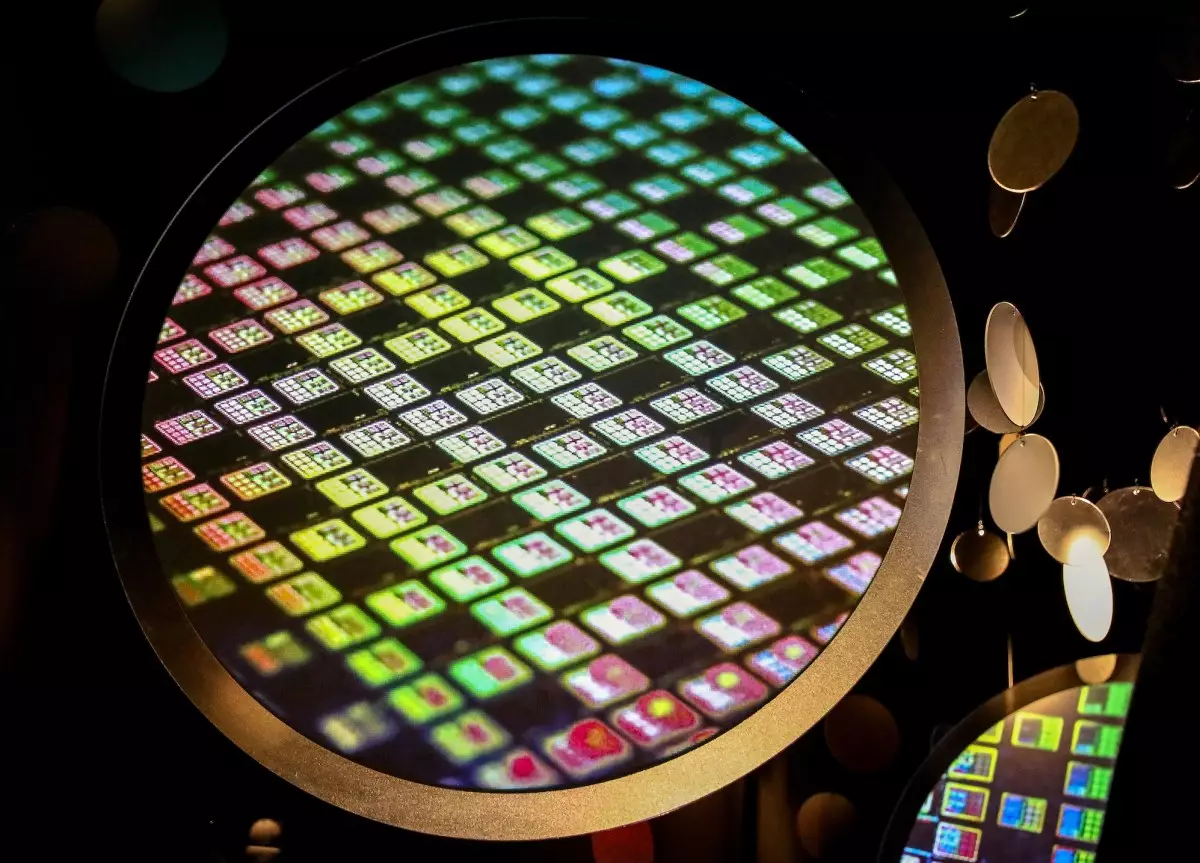In a stark move that emphasizes its commitment to controlling artificial intelligence technology, the Biden administration has expanded its trade restrictions by adding an additional 14 Chinese companies to its blacklist. This latest action showcases an increasingly tense relationship between the U.S. and China, particularly in the arena of technologies that could bolster national security concerns. This brings the total number of affected entities to 25, based on reports from The Associated Press. Among the newly listed companies, Sophgo stands out due to its ties to Bitmain and its controversial role as a broker for transactions between the notorious Huawei and Taiwanese chip manufacturer TSMC. By identifying Sophgo with such high-profile partners, the U.S. underlines its determination to sever any potential channels through which sensitive technology could flow into China’s hands.
Concerns Over Allegations and Accountability
The scrutiny surrounding Sophgo intensified last December when a connection was established between its procurement practices and technology found in Huawei’s AI chip, the Ascend 910B. The implications of these connections raise inquiries about cybersecurity and the potential for espionage, leading to the Biden administration’s decision to blacklist the company formally. The rapid pace of these developments further illustrates the complexities entangled within U.S.-China relations, particularly as it pertains to artificial intelligence—a battleground that represents the next frontier in global economic competition.
However, the administration’s actions have not gone unchallenged. Major players in the American tech sector, including Nvidia, have publicly criticized the “Interim Final Rule on Artificial Intelligence Diffusion” released earlier this week. Called “misguided” by industry insiders, the regulation is characterized as a bureaucratic overreach that could undermine the United States’ competitive edge in a field crucial for maintaining technological supremacy. In its public statements, Nvidia highlighted the contrast with the approach taken during the Trump administration, lamenting the lack of thoughtful procedures and transparency in policy development under the current administration. They argue that such sweeping regulations might not only hinder innovation but also could be detrimental to the infrastructure that supports American technological advancement.
As the Biden administration navigates its final days in office, it appears poised to continue a hardline stance on China. This is consistent with its predecessors while aiming to foster conditions that encourage American-led innovation amidst the AI race. Nonetheless, the overall strategy remains a balancing act, as the administration seeks to protect domestic technologies from foreign exploitation while providing a conducive environment for homegrown advancements. The escalating restrictions serve as a reminder of the delicate dance ongoing between these two superpowers, where technological prowess is increasingly viewed through the lens of national security and economic dominance.
The unfolding narrative around AI export restrictions and the broader implications for U.S.-China relations underscores a shift towards a more guarded approach to technological sharing. The Biden administration’s steps to regulate and monitor AI developments reflect not only a response to immediate concerns but also an awareness of the long-term impact such policies will have on global technological dominance. The decisions taken now may well shape the competitive landscape of the future.

